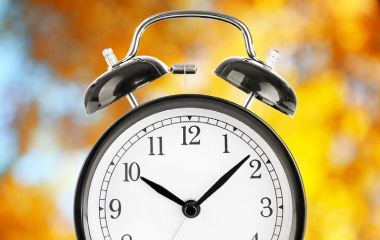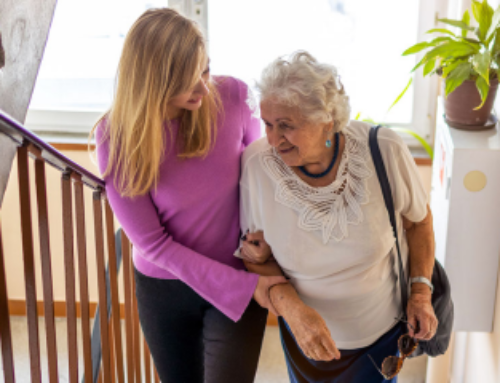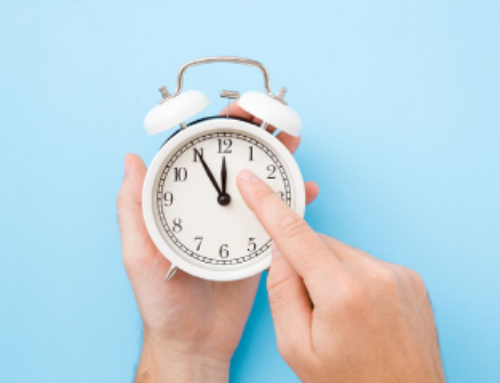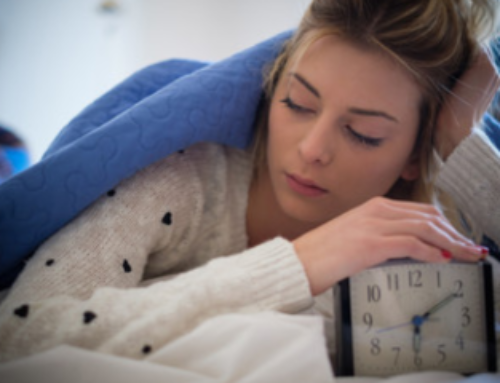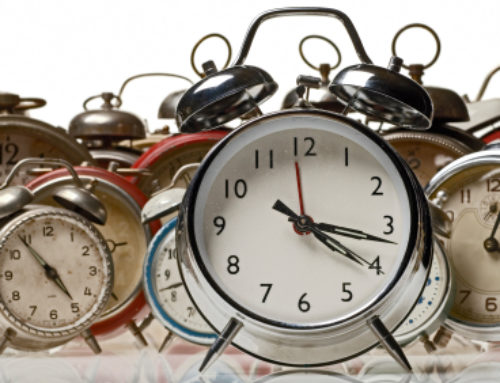The end of daylight saving time on the first Sunday in November is the perfect time to make healthy sleep a priority. The time change arrives when it is already getting dark earlier in the evening. Setting the clock back an hour provides the ideal opportunity for sleep-deprived adults to adopt an earlier bedtime.
This year the time change officially occurs at 2 a.m. local daylight time on Sunday, Nov. 2. That is when the official time for most of the U.S. will fall back to 1 a.m. local standard time. (Hawaii and most of Arizona ignore daylight saving time.)
Millions of Americans need more sleep. At least 30 percent of adults fail to get enough sleep each night. As a result the CDC has called insufficient sleep a public health epidemic.
Are you getting at least seven hours of nightly sleep? If not, then you can benefit from an earlier bedtime. Here are some tips to take advantage of the fall time change:
- Wait to change your clocks until it is time to get ready for bed.
- Go to bed at your normal bedtime.
- Just before getting into bed, set your clocks back one hour.
- Wake up at your normal time in the morning.
- Take note of how much better you feel after an extra hour of sleep.
- Continue to go to bed each night at the earlier bedtime.
One hour of extra sleep will not erase a chronic sleep debt. But waking up feeling more alert and refreshed can give you a motivational boost. It can help you make it a priority to maintain an earlier nightly bedtime.
How do you know if you could use an extra hour of sleep each night? Here are 8 signs that you need more sleep:
- You depend on an alarm clock to wake you up each morning.
- You rely on caffeine to keep you alert and productive during the day.
- You try to “catch up” on sleep by sleeping longer on weekends.
- You are easily distracted and have trouble focusing on a task.
- You are forgetful or make mistakes.
- You are irritable or feel depressed.
- You struggle to stay awake while driving.
- You are likely to fall asleep while reading, watching TV or sitting in a meeting.
Going to bed earlier may be a struggle if you already get at least seven hours of nightly sleep. Give yourself about 20 minutes to fall asleep after going to bed. If you are still tossing and turning, then get out of bed. Do something relaxing until you begin to feel sleepy.
People who have sleep apnea or another chronic sleep problem may feel tired even after a full night of sleep. Get help for a sleep problem from the sleep team at an AASM accredited sleep center.

